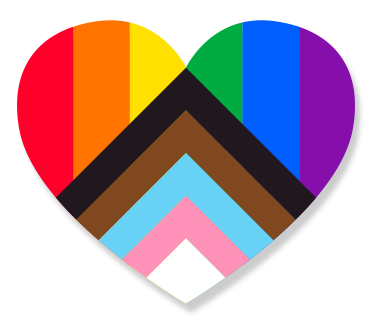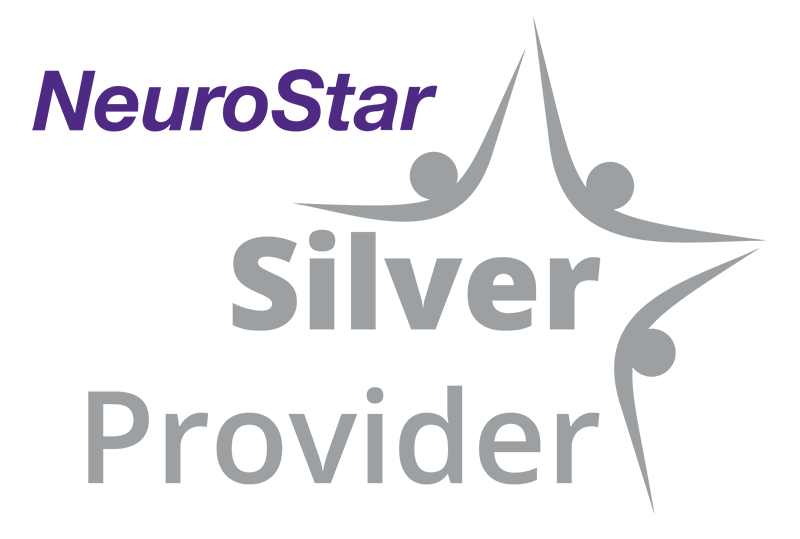Relationship, academic performance, activities, and friendship issues.
What is CHILD COUNSELING

Child and Adolescent Counseling
The psychologists and therapists at Central Iowa Psychological Services provide highly specialized child and adolescent counseling. We believe in conducting thorough face-to-face assessments with each client and their family and working together with our clients to determine the best course of counseling specific to each person. Research consistently shows that early identification and treatment are imperative for addressing developmental concerns and promoting optimal development. In some cases, it is necessary to have a diagnosis to receive appropriate treatment. Our approach is to help children and families use their existing strengths, as well as learning new skills.

Unlocking a Child's Potential
In addition to talking through problems and concerns, our therapists use a variety of tools during child counseling. This includes games, toys, books, and art materials to enhance creative expression. This approach can unlock the many ideas and concerns that children may not be able to fully put into words – at first. Often through these tools, children find ways to express themselves and describe their concerns.

Learning with Family
Our child therapists also strongly believe in working with parents and families as part of the therapeutic process. It’s important that children and parents be able to use the insights and skills they develop during counseling once they return home. Our families find counseling to be fun and emotionally connecting learning experience. Our therapists work to give everyone involved the tools they need to function compassionately and effectively within the family unit. The overall goal of working with parents and families is to create a safe space for everyone involved.
Substance Abuse Counseling for Children and Adolescents
The use of drugs and alcohol are common during adolescence and usually begins during the teen years. However, some teens continue using substances even after experiencing issues from the use of drugs and alcohol. A child struggling with a substance use disorder may show a sudden drop in grades or get in fights with family or friends. In addition, they may experience injury, illness, or run-ins with the police related to substance use. Our highly trained and certified providers work with children and families to address these issues through individualized treatment plans, groups, and counseling.
SIGNS YOUR CHILD MAY NEED COUNSELING


Feeling bad about himself or herself or less confident

Shows excessive worry about the future.

Expresses hopelessness.

Withdraws from family, friends, or activities he or she used to enjoy.

Engages in negative behavior more frequently. Has repetitive, self-

destructive behaviors such as hair-pulling or skin-picking.

Talks about or engages in any kind of self-harm.

Has a significant change in sleep habits or appetite.

Talks explicitly about suicide.

Relationship, academic performance, activities, and friendship issues.

Feeling bad about himself or herself or less confident

Shows excessive worry about the future.

Expresses hopelessness.

Withdraws from family, friends, or activities he or she used to enjoy.

Engages in negative behavior more frequently. Has repetitive, self-

destructive behaviors such as hair-pulling or skin-picking.

Talks about or engages in any kind of self-harm.

Has a significant change in sleep habits or appetite.

Talks explicitly about suicide.

Relationship, academic performance, activities, and friendship issues.

Feeling bad about himself or herself or less confident

Shows excessive worry about the future.

Expresses hopelessness.

Withdraws from family, friends, or activities he or she used to enjoy.

Engages in negative behavior more frequently. Has repetitive, self-

destructive behaviors such as hair-pulling or skin-picking.

Talks about or engages in any kind of self-harm.

Has a significant change in sleep habits or appetite.

Talks explicitly about suicide.
MENTAL HEALTH TREATMENT
Mental health treatment typically involves an integrative team of providers such as counselors, psychologists, psychiatrists, nurse practitioners, and peer support professionals. Our approach to treatment is tailored to the unique needs of each individual client.
-
Eye Movement Desensitization and Reprocessing (EMDR)
EMDR enables clients to heal from symptoms and emotional stress associated with traumatic life experiences. There are eight phases of EMDR therapy treatment. The goal is for clients to completely process the experiences that are causing problems.
-
Dialectical Behavior Therapy (DBT)
DBT is a cognitive-behavioral treatment to help individuals learn and use new skills such as mindfulness, emotion regulation, distress tolerance, and interpersonal effectiveness. Research has shown that it is effective in treating various difficulties such as depression, PTSD, eating disorders, substance abuse, and suicidal ideation.
-
Cognitive Behavior Therapy (CBT)
CBT is a psychotherapeutic treatment that helps clients learn how to identify and change destructive or disturbing thought patterns that have a negative influence on behavior and emotions. The goal of CBT is to help clients reduce stress, cope with complicated relationships, deal with grief, and other common life challenges.
Interested in our services?
We’re here to help!
Whether you need services for yourself or a loved one, or a referral for a client, we are here to help.
Call 515-233-6400, send us a message, or visit one of our facilities to get started.

Our Services
Locations
Ames - Office
600 5th St
Ames, IA 50010
West Des Moines - Office & Med Clinic
3737 Woodland Ave, Ste 415
West Des Moines, IA 50266
Ankeny - Office
215 NW 18th St, Ste 105
Ankeny, IA 50023


